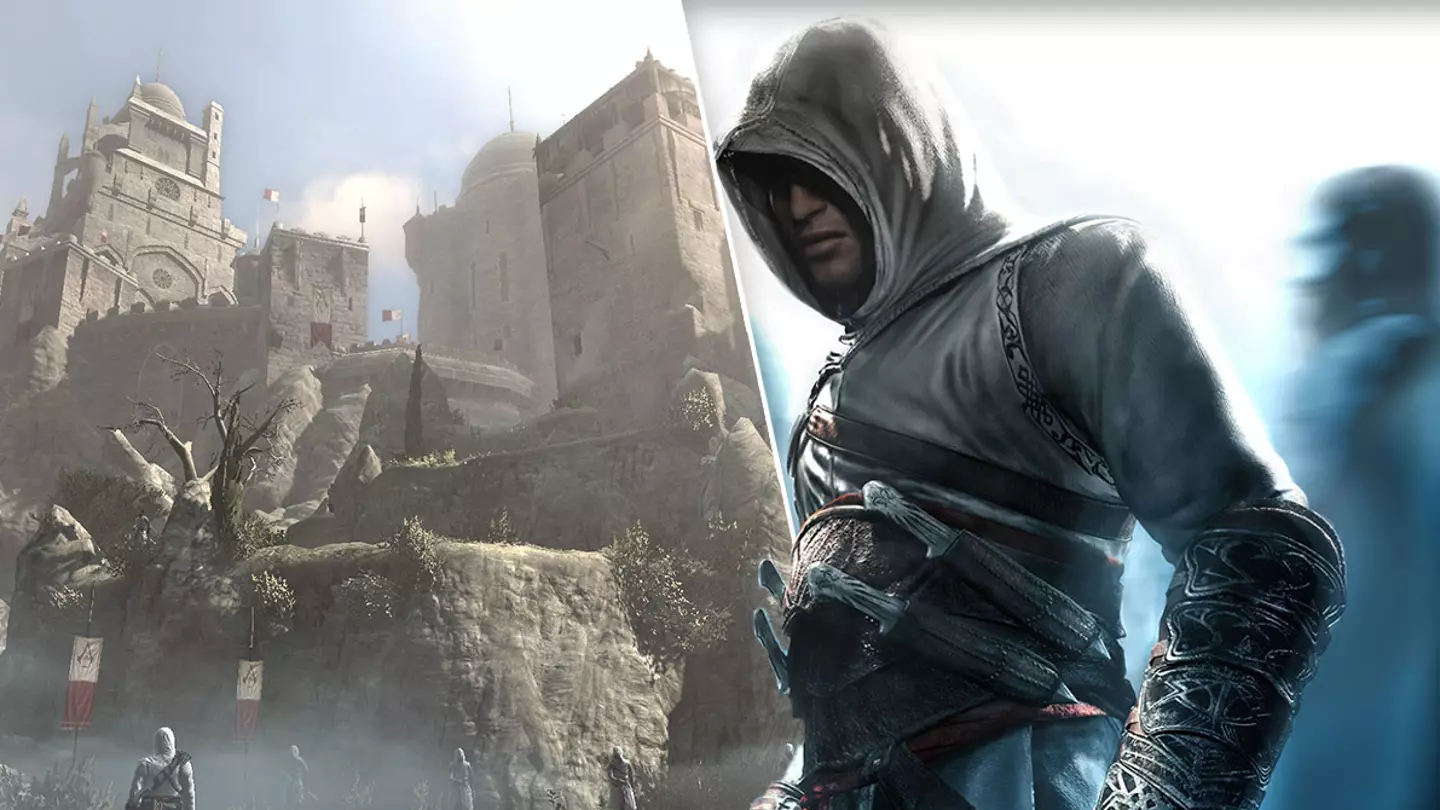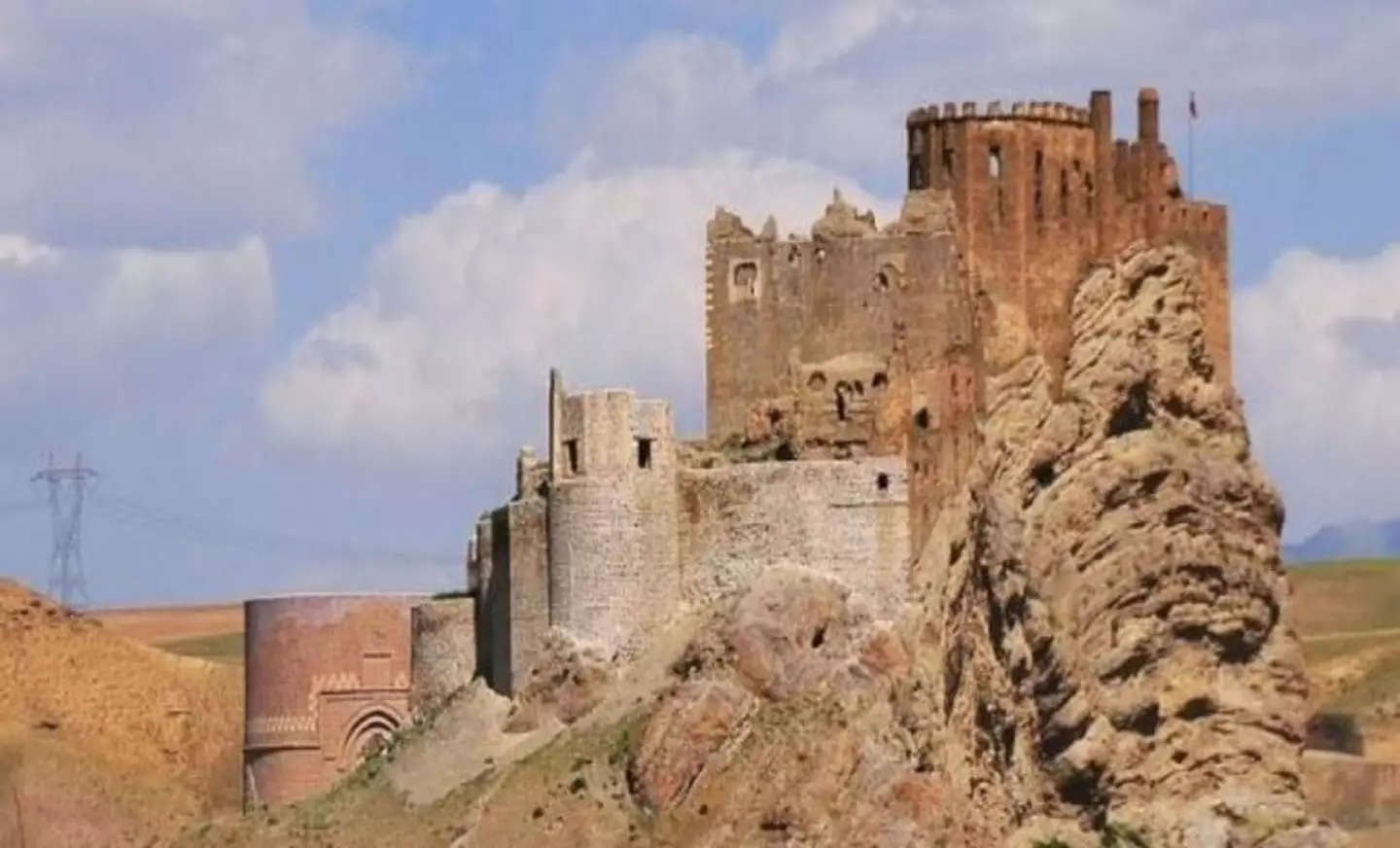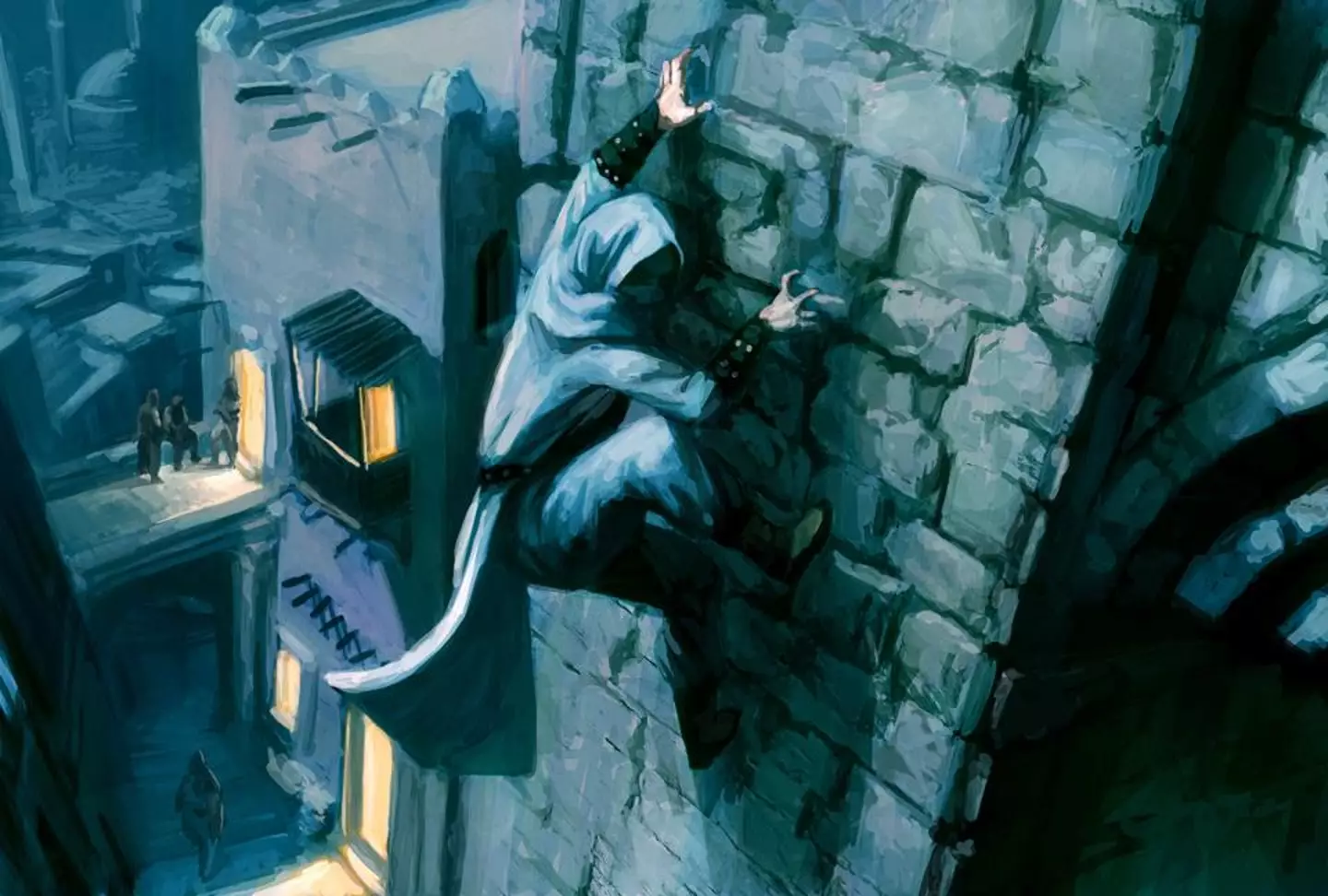
It is said that the next Assassin’s Creed is supposed to be a free-to-play game called Infinity, that includes many settings from the previous AC games. Whether that’s a wise choice or not, I personally prefer the type of Assassin’s Creed games that meticulously and authentically portray a historical setting. That has been the primary reason I have picked up any recent Assassin’s Creed games - to experience the new historical setting.
I believe a soft reboot set in 10th century Persia is historically, aesthetically, mechanically, narratively, and metaphorically the perfect choice for the next Assassin’s Creed game.
I have been fascinated by history since I was a little kid, maybe because my mom used to be a history teacher. So it is unsurprising that as an Iranian history buff, I also had a great and deep love for the Prince of Persia series. When Ubisoft announced the very first Assassin’s Creed game, I was over the moon. A new historical game set in 10th century Persia that deals with the Order of Assassins? Take my money! Woefully, I was very disappointed to learn that the game is set in Syria, and it’s not about the Persian Assassins, but rather the Masyad branch.
Advert

For those who might be confused; yes, the Assassins are historical! During the Sunni Turkish rule of Seljuk Persia, a bright, outstanding Persian boy of Shiite origin grew up to become a military, political, and theological genius who founded a massive, impenetrable castle in the heart of the Seljuk empire to combat the Sunni Turkish rulers (whom he perceived as tyrant foreigners) from within. A castle that didn’t fall for hundreds of years until Mongols conquered the Middle East.
The Persian boy’s name was Hassan i-Sabbah, or as Marco Polo described him in his Marvels of the World book, the Old Man of the Mountain. He recruited and radicalised young Persians who were frustrated by the political system of the time to become Hashashins - or as it is now known - Assassins. A word that became widely used in the west to describe the act of murdering a political or religious opponent. Something that Hassan i-Sabbah and his army of young men were masters of.
How does this story relate to the Assassin’s Creed game? Well, do you remember the very first mentor/villain of the Assassin’s Creed franchise? Yes, Al-Mualim. Al-Mualim’s real name was Rashid ad-Din Sinan, and much like many Assassin’s Creed villains, he is a real historical figure. Rashid was one of the order’s radical Persians who became such a great Assassin, that the order allowed him to go to Syria and become the head of the Masyad branch.
My pitch for the next Assassin’s Creed game is not just about representing an underrated culture and historical setting, but a way for the developers to recapture the magic of the early games. That’s the reason I’m going with 10th century Persia and not Achaemenid Persia - a setting that was mildly used in Assassin’s Creed: Odyssey - Legacy of the First Blade DLC.
For me, 10th century Persia makes for the perfect setting, because it’s similar enough to the original game to ignite a sense of nostalgia in people and it’s different enough that people will still be inquisitive about exploring it. For example, Alamut Castle, set in modern-day Qazvin, could remind players of the Masyaf Castle and early segments of the first Assassin’s Creed. But Persia/Iran is a massive country with a variety of different landscapes and seasons, from the cruel deserts of the south to the green mountains of the north. So, there are unlimited possibilities for creating new experiences.

The developers could also take us back to the time when stealth was a huge part of the franchise. With the order of Assassins being an outnumbered organisation that works in the shadows to damage one of the greatest empires of its time, there will be an inevitable emphasis on creative ways to eliminate your targets without being seen. Instead of forcing stealth sections into an irrelevant setting, developers can use real historical events such as the mysterious murder of Nizam Al-Mulk, a childhood friend of Hassan i-Sabbah, to create narratively satisfying stealth missions.
The narrative is the primary thing that my pitch could elevate significantly. Not only will this be an interesting soft prequel to the original Assassin’s Creed game, but it will open up the door for an unorthodox way of story-telling in order to explore the foundations and the meanings behind the order of Assassins both within the borders of the game and outside of it. And, of course, the game will have the opportunity to use the wildly fascinating tales of the greatest Assassin of all time, Hassan i-Sabbah.
It is notable to mention that the Assassin’s Creed franchise started off as a Prince of Persia game. Assassin’s Creed’s original name was, in fact, Prince of Persia: Assassins. The concept, as you can guess, was heavily inspired by the historical setting I’ve been talking about. Unfortunately, Ubisoft rejected the Prince of Persia: Assassins concept because the game didn’t focus on the Prince of Persia, but on a female Assassin. From there, the team responsible for developing the Prince of Persia games moved to complete what would become Assassin's Creed.
In an enchantingly poetic way, not only will an Assassin’s Creed set in Persia go back to its roots narratively, mechanically, aesthetically, and historically but metaphorically. Assassin’s Creed owes its very existence to the Prince of Persia. It’d be so interesting to see Assassin’s Creed pay its respect to the grandfather of the franchise by telling a story in Persia. Naturally, there will be plenty of Easter eggs for the Prince of Persia fans.

As someone with an ongoing fascination for all things historical, I am always excited to experience fascinating historical periods through games. Whether the next Assassin’s Creed game is set in ancient Rome or China, I am going to get a kick out of it. That being said, I think 10th century Persia will provide the franchise with a rare opportunity to do an incredible soft reboot, and make something new yet nostalgic that no other time period or country could compete with.
Topics: Assassins Creed, Ubisoft